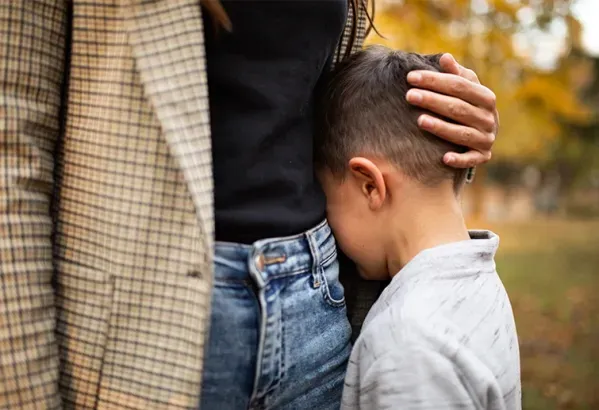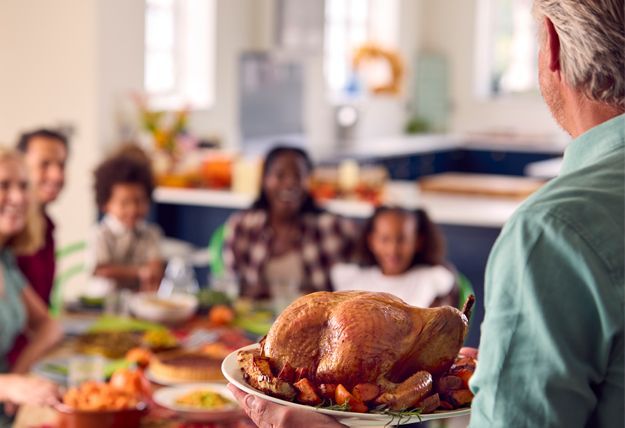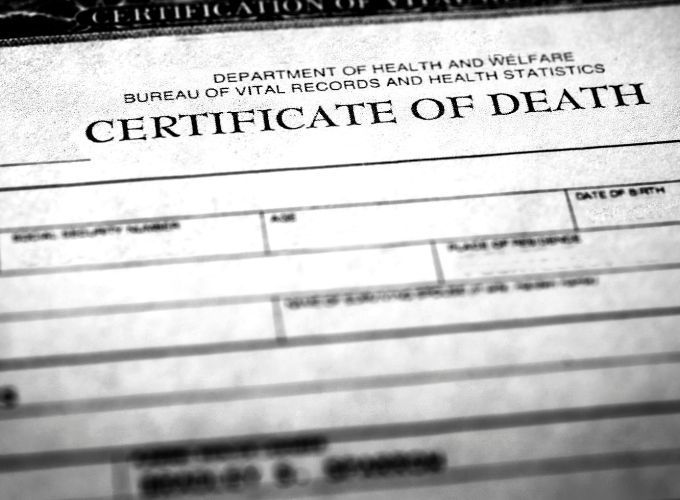Articles Of Interest
How To Help Your Child Process The Death Of A Pet

Anyone who has ever owned a pet can understand how much you come to love them. Pets have a way of making their way into our hearts. Most adults have experienced a loss in their life before, but for children, the loss of a pet may be the first death they experience. There are several ways you can help your children process their emotions and move toward healing when a pet dies.
One of the best things you can do for your child is treat their emotions with respect and validity. Assure them that it’s okay to feel sad, hurt, or angry. Let them know it’s normal to feel this way after loss. Your first inclination may be to push aside your own emotions so you can “be strong” for your child. But your child needs to know that you cared about the family pet, too. Share what you are feeling.
Bottling up feelings or stifling emotions is a form of avoidance. Not acknowledging emotions can lead to long-term consequences. Allow you child the freedom to feel what they feel and not be afraid of it.
Children are learning about their world and are naturally curious about new situations.
Some children are more inquisitive than others, but each child will have questions about the death of their pet. Don’t use euphemisms or half-truths. Children can handle the truth (often much better than adults can).
Answer as honestly as you can, making sure to tailor the information to their age and maturity. Here are a few common questions you may get:
Why did my pet die?
Is it my fault?
What happened to my pet’s body?
Where did they go?
Will they come back?
Grief doesn’t go away in a day, it sometimes sticks around for a while. Let your child know it’s okay to talk about their pet whenever they need to. Sharing stories and talking about our grief is both healthy and necessary.
Children are hands-on learners, which is why touching and play time are important to their early development. Because of the hands-on nature of children, you might consider using one of these activities to help them process the pain they are feeling.
Hold a memorial ceremony
Get a memorial marker and place it in a special place
Draw a picture of their pet
Write a story
Have the family share their favorite pet stories
Make a scrapbook or memory book
By helping your child deal with the death of a pet, you are giving them valuable life skills that will aid them as they grow into adulthood. After all, the loss of a pet, while difficult, is not the only hard situation they will face in life. By giving them the building blocks now, you can help them learn how to grieve in a healthy way.
Article excerpted from “5 Tips for Helping your Child Process the Death of a Pet”











